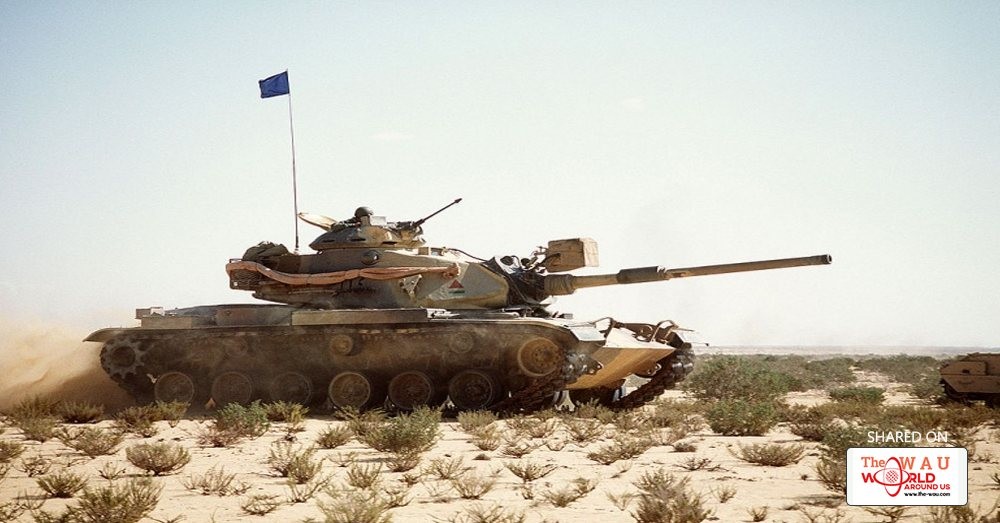The Middle East is the cradle of civilization—and the cradle of organized warfare between states and tribes. The oldest recorded battles in history, as well as some of the most impactful, are all from this region. While not a comprehensive list by any means, here are five of the greatest battles fought in the Middle East.
1.Kadesh
The Battle of Kadesh was fought between the Egyptians and Hittites (from modern Turkey) in 1274 B.C.E. at a site in modern Syria near the Lebanese border. Both powers had been fighting to dominate the Levant for a while. This battle is of particular importance to the history of warfare and diplomacy because it is the earliest recorded battle for which details and tactics are known. Additionally, the subsequent peace treaty is the oldest known surviving peace treaty to date. Not only that, but both the Egyptian and Hittite copies have been found.
Putting aside the obvious importance of the battle for historians, Kadesh was quite significant. It was the largest chariot battle in history, with about 6,000 chariots involved. Subsequently, chariots became a lot less common because of improvements in horse breeding and equipment that made cavalry more useful. Constant warfare between the two states was a factor in the collapse of many of the Bronze Age civilizations shortly after when the Sea Peoples destroyed the Hittite. The actual battle itself began when the Egyptian Pharaoh Ramesses II moved swiftly north to capture the city of Kadesh only to have his forces separated in their haste and to find a Hittite force near him. Though the Egyptians almost lost, they gained momentum due to tactics, bravery, and from taking advantage of the Hittites stopping to loot the Egyptian camp. Historians believe the battle was a draw and both powers claimed victory.
2.Nineveh
Fate works in strange ways. Empires that are strong and seemingly undefeatable for centuries crumble in merely a few years. This is what happened to the Assyrian Empire, which had dominated the Middle East for three centuries, ruling over or obtaining tribute from the Israelites, Babylonians, Elamites, Medians, Persians, and many others. Yet the Assyrian Empire, mighty as it was, collapsed very abruptly after the Battle of Nineveh, near Mosul in Iraq, in 612 B.C.E. when the Babylonians, Medes and Persians from modern Iran, and Scythians from the modern Russian steppes brought the Assyrians down.
The Assyrians were a shockingly brutal empire, even by ancient standards. Their rise to power began in the 10th century B.C.E., and they aimed to totally annihilate their enemies by displacing and resettling defeated populations. Assyria peaked around 627 B.C.E. but was constantly exhausted by war, civil war, and dealing with resentful enemies. It had recently conquered Egypt and had to deal with that land too.
After a bitter struggle lasting many years, various peoples allied against Assyria arrived at the walls of Nineveh, the capital of the empire and captured the city after a three month siege. According to a Babylonian record, “they carried off the vast booty of the city and the temple and turned the city into a ruin heap.” Although the Babylonian Empire rose on the ashes of Assyria to rule over much of the same territory, it was never as powerful, and it should not be forgotten that Assyria was only brought down with help from peoples outside of the original area of power and civilization in the Fertile Crescent. Afterwards, power in the Middle East steadily began to move away from Syria and Iraq and towards Persia, Anatolia, and Greece.
...[ Continue to next page ]
Share This Post












